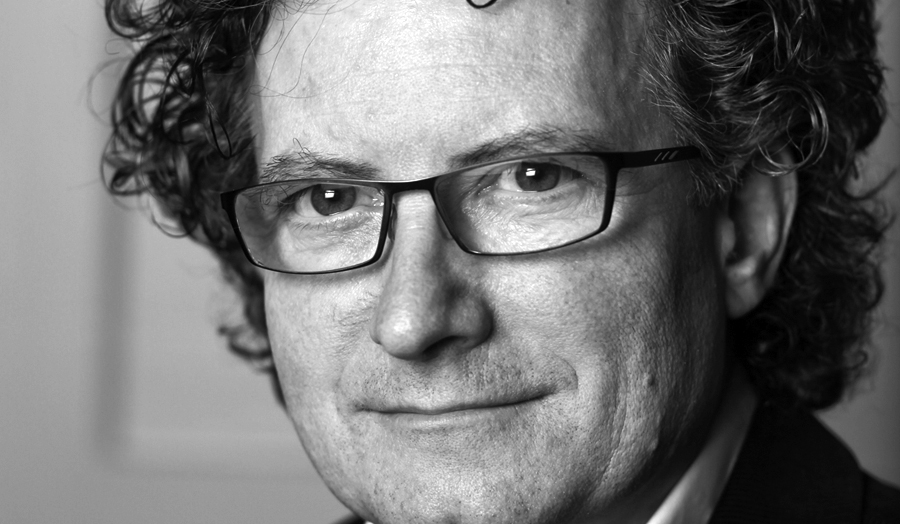Lecturer’s book on London’s Irish literature flies off the shelves
Date: 12 May 2014
English Literature lecturer Tony Murray walked "a long, tough road" before publishing his first book, London Irish Fictions. But now, with the paperback edition selling so well that it’s going to a reprint, it seems it was a road worth walking.
Tony, who teaches in the Faculty of Social Sciences and Humanities, said he was delighted with the success of the book, which focuses on writings from the Irish community in London.
"It’s an exploration of the Irish in London through literature from the Second World War onwards," explained Tony, who is a second generation Irish Londoner himself. "The book brings together a range of writings; it is part fiction, part autobiography, and part memoir."
The work is split into three key areas: the immediate post-war period, the 1980s influx of Irish to the capital and the experiences of second generation Irish growing up in London.
The idea for the book came from a successful Irish Writers in London summer school set up by Tony in 1996, which continues to run at London Met today. The course sees famous Irish writers visit the University to discuss their work with students.
"One year a student asked what the set text was for the course, and I said there wasn’t one as no-one had written a book in this area," said Tony. "And the student just said: "Well, you should" and I thought, maybe he’s right!
"It was a great example of how teaching and research go hand in hand, and how lecturers can learn a lot from their students as well."
Tony embarked on a PhD in the area of Irish literature in London and the book developed from his thesis.
"It’s really nice that the book is doing so well. It’s really important that it’s getting beyond an academic readership and to the lay-reader. Students can afford it in the softback format which is great as it fills a gap in the bibliography of London literature.
"It’s been a long, tough road but I’m delighted to see it out there," Tony said.
One of the interesting aspects of the book is how literature reflects political and cultural situations.
Tony said: "There was a lot of hostility to the Irish in post-war London because Ireland had been neutral in the war. Then things got better until the 1970s, when the troubles caused a lot of tension. Yet by the 1990s there were a lot of Irish celebrities, such as comedians and TV presenters, and all of a sudden it was cool to be Irish."
So, what was it like for Tony to grow up as the child of migrants in North London’s Irish community?
"It was difficult at times, I used to hear a lot of anti-Irish jokes on the TV and radio, and it does hurt," he said. “But I grew up with dual loyalties. I’m Irish but I’m also a born-and-bred Londoner."
"I’m proud to belong to such a great, multi-cultural city that is London."

